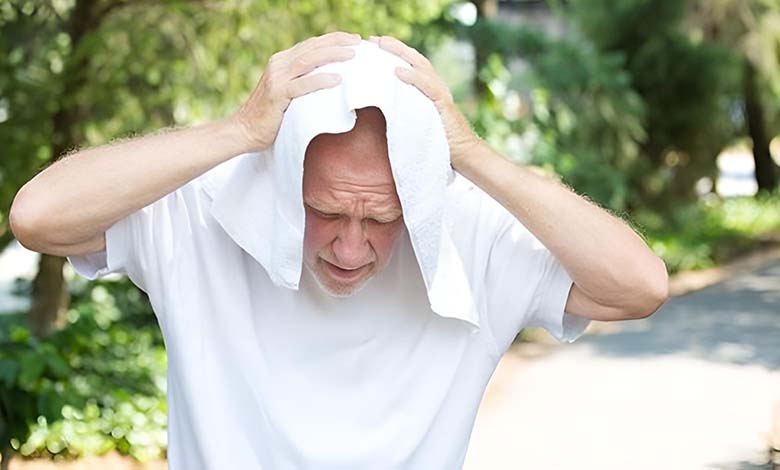How Does Hot Weather Affect Older Adults?

A Silent Threat During Heatwaves As climate change intensifies heatwaves across the globe, older adults are among the most vulnerable groups. Hospitals routinely report a spike in heat-related complications—dehydration, heatstroke, and cardiovascular incidents—especially among the elderly during summer. But why is the aging body more sensitive to heat, and what can be done to protect seniors? Aging and Body Temperature Regulation Several age-related physiological changes weaken the body’s ability to handle heat:
- Reduced thirst sensation, increasing the risk of dehydration.
- Decreased sweating, limiting the body’s natural cooling.
- Weaker blood circulation, impairing heat dissipation through the skin.
- Chronic illnesses (e.g., diabetes, heart failure) and medications often interfere with temperature regulation.
Main Health Risks from Heat in Older Adults
- Heatstroke (Hyperthermia): Can be fatal if core temperature rises above 40°C (104°F).
- Severe dehydration: May cause confusion, low blood pressure, and kidney dysfunction.
- Heart or respiratory failure: Heat adds stress on vital organs.
- Falls: Dizziness or fatigue from overheating increases fall risk.
-
Europe: Unprecedented Heat Threatens the Planet
-
5 Common Summer Health Issues and How to Prevent Them
Aggravating Factors
- Social isolation: Seniors living alone are less likely to receive help in time.
- Energy poverty: Some can’t afford to cool their homes.
- Unsuitable clothing.
- Limited mobility or bed confinement.
Practical Heat Safety Tips for Seniors
- Stay hydrated: Drink regularly, even without feeling thirsty. Avoid caffeine and alcohol.
- Keep living spaces cool: Close shutters during the day, ventilate at night, use fans or AC if possible.
- Wear light clothing: Choose breathable, loose cotton clothes.
- Eat light meals: Focus on fruits, vegetables, and cold dishes.
- Avoid peak heat hours: Go outside only in the early morning or late evening.
- Daily check-ins: Family or caregivers should check on seniors every day during heatwaves.
The Role of Caregivers and Community Neighbors, family members, and health professionals must stay alert during extreme heat periods. A simple phone call or visit can literally save a life. Heat isn’t just uncomfortable — it can be deadly for the elderly if preventive action is not taken. Through awareness, preparation, and community care, we can help protect our seniors from the growing dangers of extreme heat.












